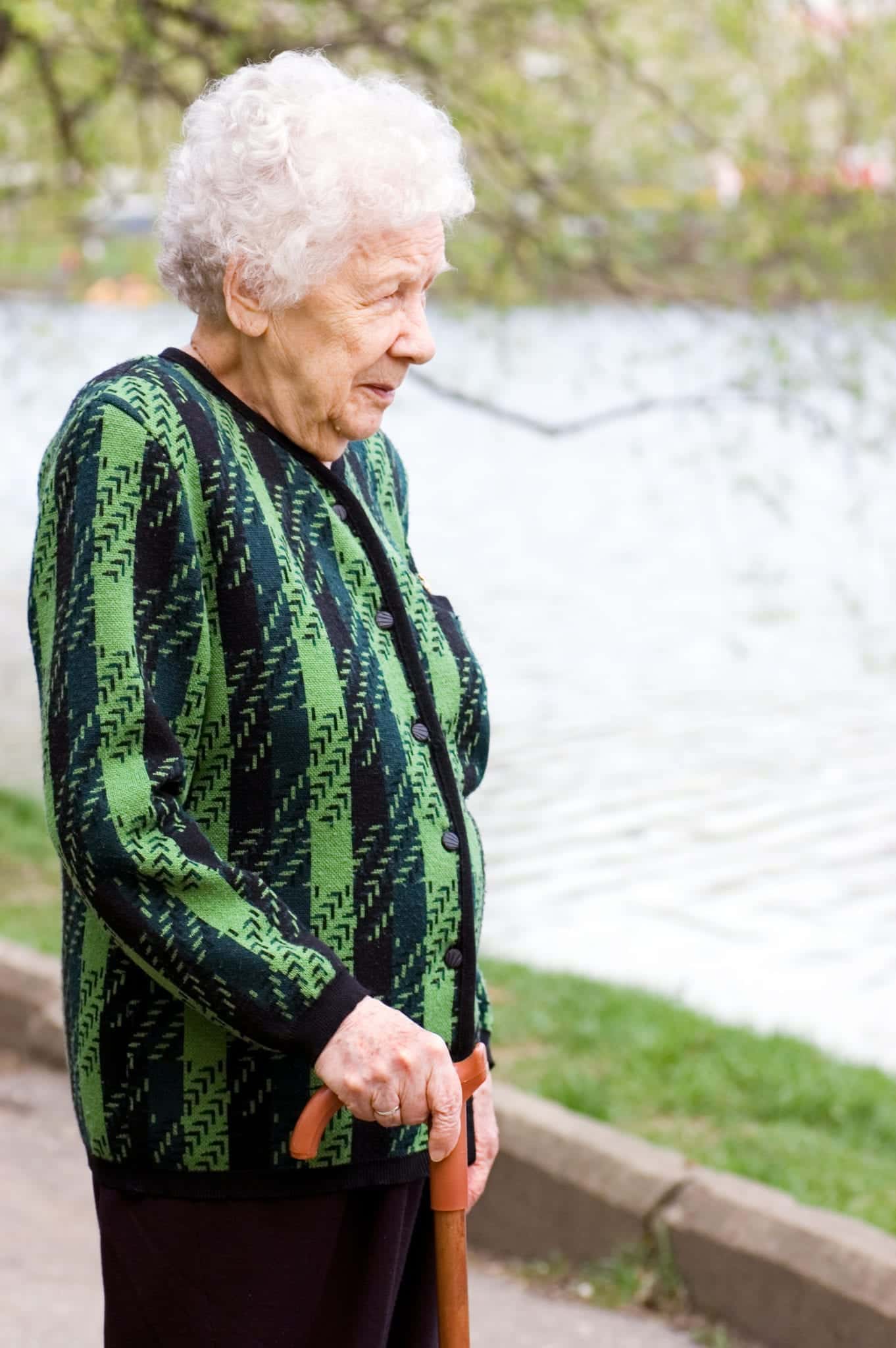A 90-year-old woman in neighboring South Carolina was killed recently when she wandered away from her nursing home and fell into a nearby retention pond, where she was attacked by an alligator. The death is the first alligator-related death in the state’s history, but marks another instance in the disturbing trend of nursing home injuries that has plagued the United States.
Senior Citizen Killed by Alligator After Wandering Away from Nursing Home
The incident happened on Wednesday, July 27, 2016.
At 7:40 in the morning, Bonnie Walker was reported missing from Brookdale Charleston, an assisted-living center in West Ashley, South Carolina, just outside of the city of Charleston. Police instigated a search that turned up her body less than four hours later in a nearby retention pond, just behind the property, where alligators were known to frequent. According to The Post and Courier, the county coroner’s office determined that Ms. Walker’s death was the result of “multiple sharp and blunt force injuries,” consistent with those made by alligators.
Investigators believe that Ms. Walker slipped and fell down a steep embankment into the pond, and that the noise of her fall attracted alligators in the pond.
If confirmed, Ms. Walker’s death would be the first fatality from an alligator to ever happen in South Carolina.
Nursing Home Has Past History of Complaints
The Brookdale Charleston, the nursing home that Ms. Walker was a resident at when she wandered off, has a history of complaints, but relatively few violations on its record.
An investigation last September led the South Carolina Department of Health and Environmental Control to findings of unsanitary conditions in the nursing home, including feces in the residents’ beds and on the floors.
Since then, another investigation looked into allegations of abuse by the home’s staff, including an incident where a resident in the dementia unit hit a staff member, who responded by hitting back.
Nursing Homes Can Be Liable for Not Looking After Residents
Unfortunately, this is just another instance of nursing homes not properly looking after their residents and providing the care that they need. Injuries in nursing homes have been on the rise in recent years, with around 1,800 residents dying from falls inside nursing homes, every year.
This incident in South Carolina, however, is even more egregious because Ms. Walker was able to get out of the home. This shows that not only does the staff at the Brookdale Charleston struggle to provide the care that their residents count on them to provide, but they even struggle to even account for their residents. In this case, it resulted in Ms. Walker’s escape and death, which could amount to a wrongful death case against the nursing home for their lack of oversight.
Get the Legal Help You Need
When nursing homes fail to provide the care that they are expected to provide, personal injury or wrongful death lawsuits can be the answer, whether they are based in premises liability or as a slip and fall lawsuit. Contact the Cobb County law firm of Joel Williams for professional legal representation.
